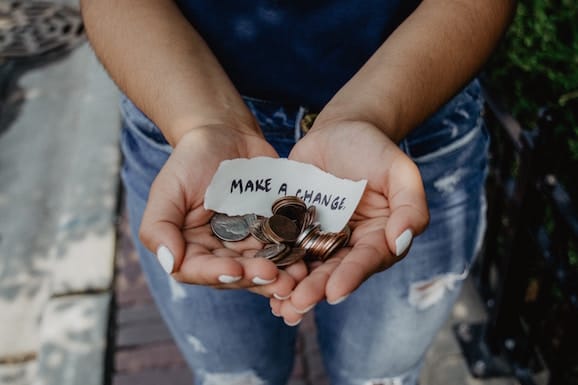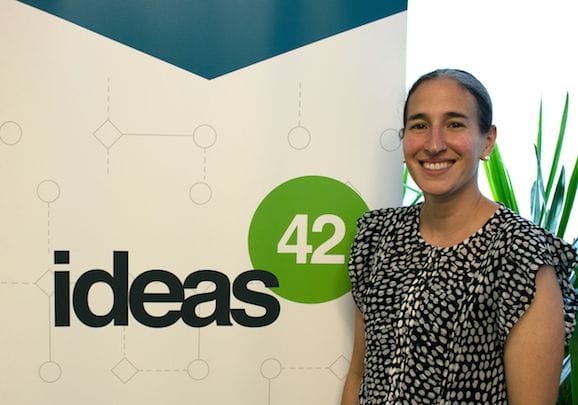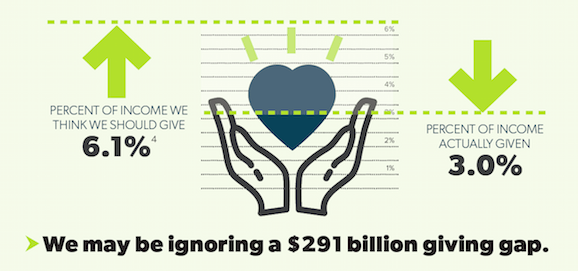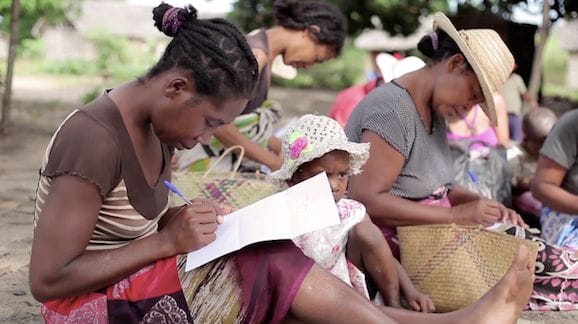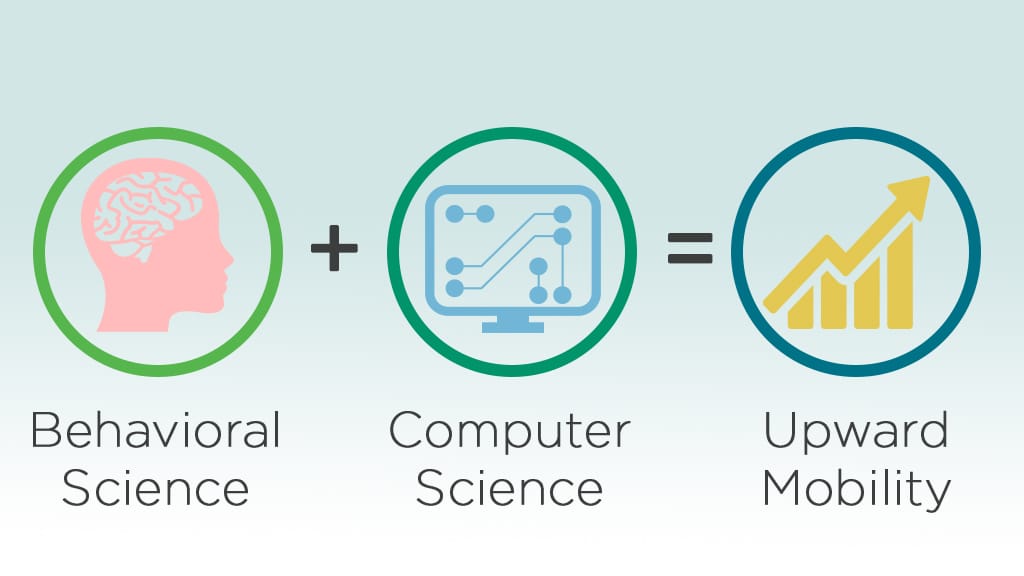
More Opportunities to Support Student Financial Health
by Maya Alper
The start of a new academic year should be an exciting time for the 19.9 million students who recently began or are continuing in college. But for many students, college also brings stressful financial decisions. These decisions weigh on many students, but the burden is often heaviest for those who are balancing school with full […]
